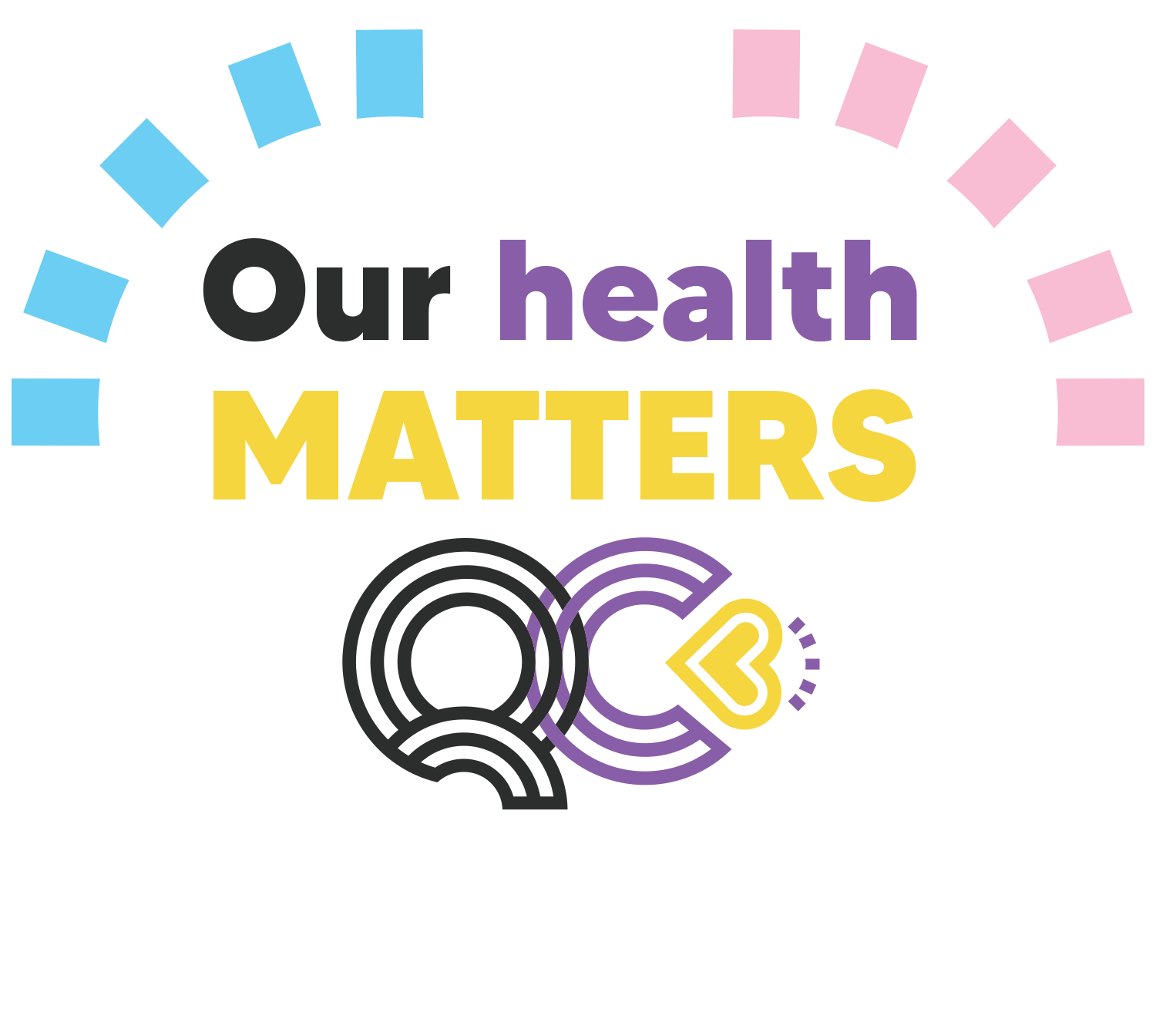
PEP
PEP (post-exposure prophylaxis) is a treatment that may prevent HIV transmission and is available to persons likely to have been exposed to HIV within the past 72 hours. It is a combination of anti-HIV drugs that must be taken exactly as prescribed at very specific times over a four-week period. These are powerful drugs that can cause side effects and may have a toxic effect on the liver. Many people report they experience some discomfort including, abdominal pain, diarrhea, or headaches throughout the four weeks. Sticking to the strict medication routine however is essential to give the drugs a chance to work effectively.

It is extremely important that a person, who is likely to have been exposed to HIV through contact with blood or body fluids from a person living with HIV, seeks treatment as soon as possible. PEP is most effective when taken as soon as possible after exposure to HIV.
PEP must be prescribed by a doctor and is available from the clinics listed in this section. The standard prescription drug co-payment will be charged by the pharmacy dispensing the drugs. Anyone wishing to access PEP should telephone one of these services for opening hours, advise them that PEP may be required and make an appointment if necessary.
People shouldn’t feel anxious about discussing PEP with the trained clinical staff at these services. A follow-up appointment with the doctor who prescribed PEP is essential after completion of the course of drugs or if the course of drugs is interrupted or prematurely terminated.
Anyone who thinks that they have been exposed to HIV should call the nearest Sexual Health Clinic, GP HIV Prescriber or Hospital Emergency Department. Some services such as Sexual Health Clinics operate within limited hours and are closed on weekends and evenings.
When presenting, the person should tell the health worker that exposure to HIV may have occurred and access to PEP may be required. They will be asked for information regarding risky behaviours, and how exposure to HIV may have occurred. All discussions remain confidential so responses should be honest and frank.
HIV may be transmitted when blood, semen or vaginal fluid from an infected person enters the body of an uninfected person.
This can happen through:
• Unsafe sex - rectal, oral, and vaginal
• Sharing needles and injecting equipment contaminated with blood
HIV may also be transmitted through donated blood and blood products. However, all blood, organs, tissues, and semen donated in Australia are screened for HIV. The risk of getting HIV from these products in Australia
• Condoms, dams, and gloves remain the best prevention against HIV infection.
• Condoms, dams, and gloves don’t make you ill with nasty side effects.
• Condoms, dams, and gloves are easy to access and carry with you.
• Everyone has a responsibility to protect themselves and their partners from contracting HIV. Safer sex and safer injecting practices remain the best ways to prevent HIV infection. This involves using condoms with water-based lubricant and always using sterile injecting equipment.
• PEP is not a guarantee that HIV infection will be prevented.
• PEP will not make people immune to future HIV exposures. People still need to practice safer sex and use safer injecting practices to prevent HIV infection. If you are exposed to HIV again in the future, you should seek medical assistance to access PEP again.
Your nearest GP HIV treatments prescriber
Departments of Emergency Medicine (Accident and Emergency) in major hospitals:
Contact details are listed in the White Pages under ‘Hospitals’, or by phoning 13 HEALTH
+
-
+
-
+
-
+
-
+
-
+
-
+
-

